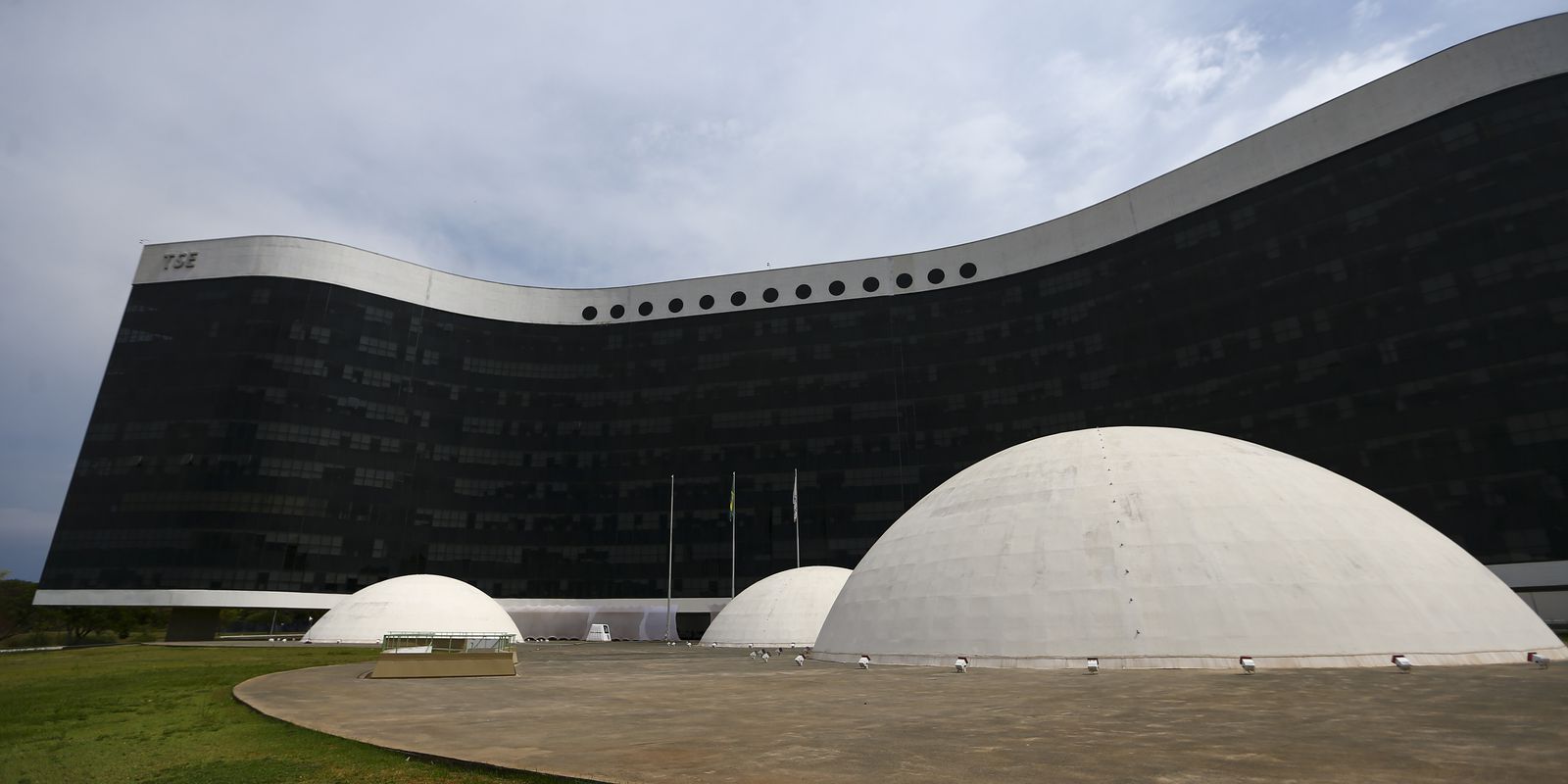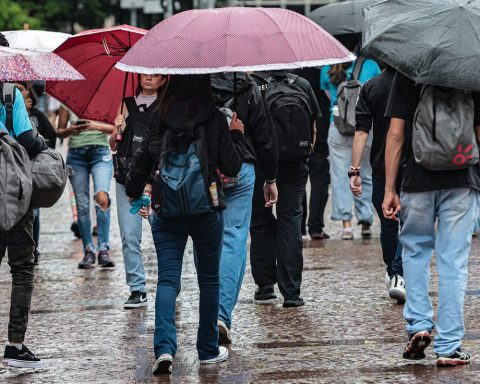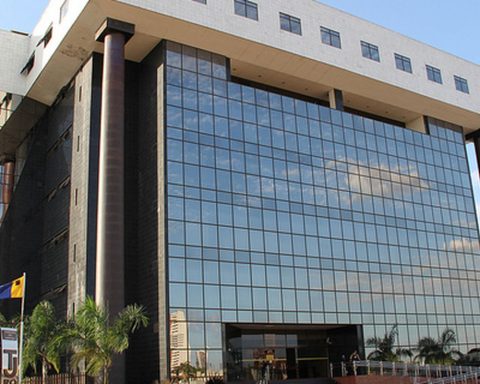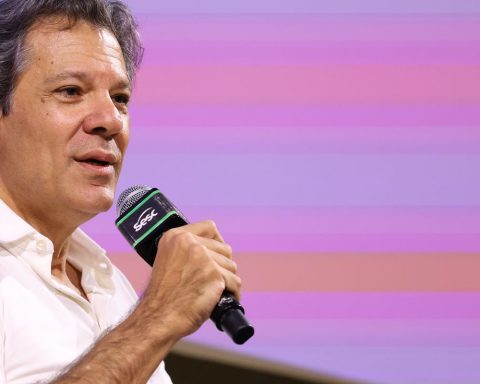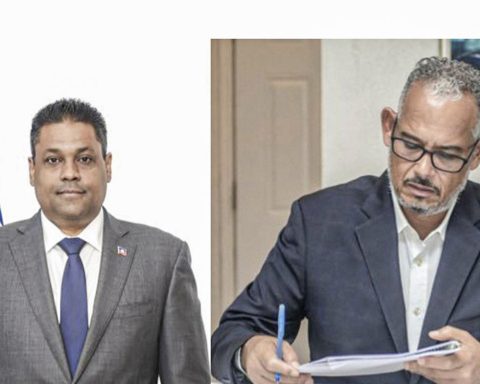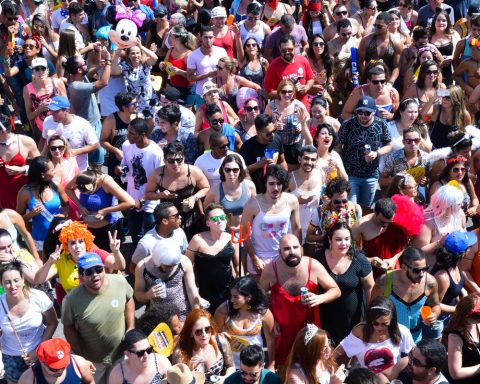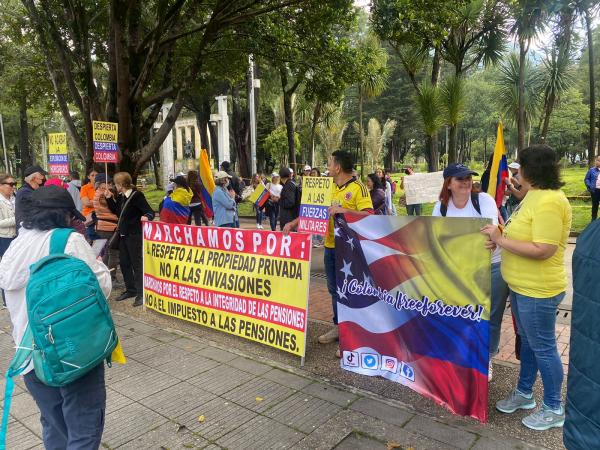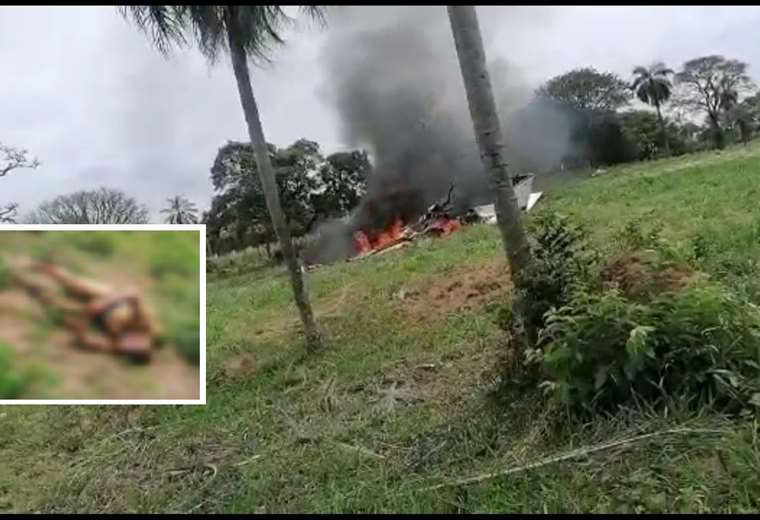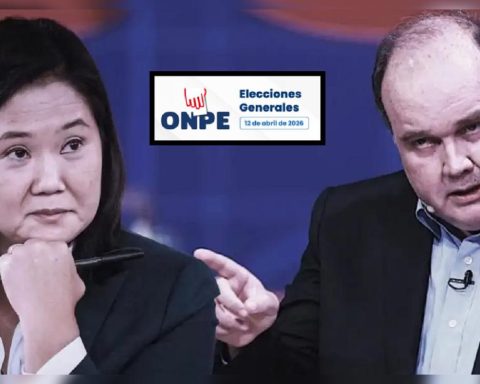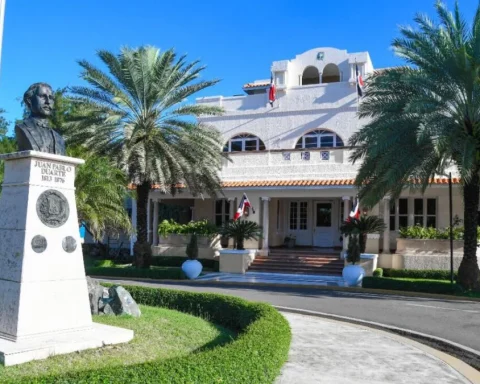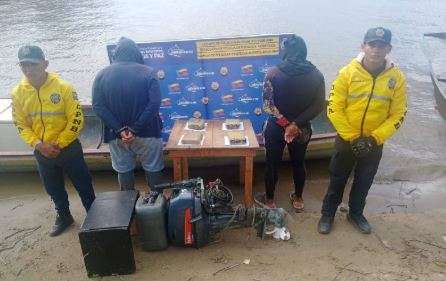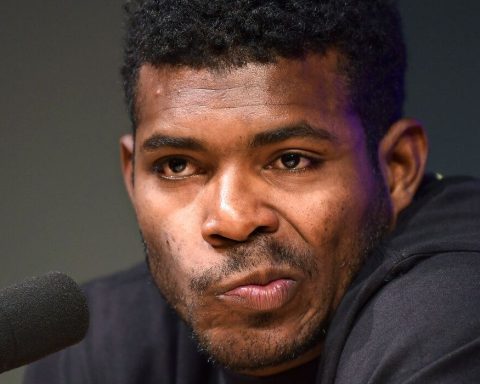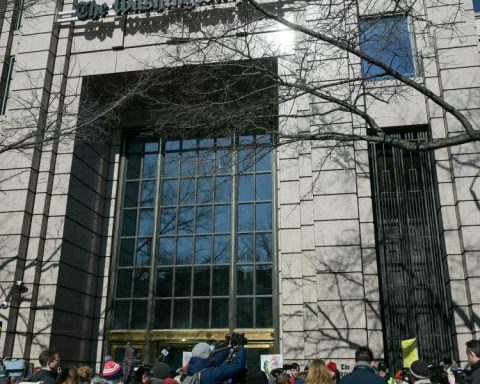The majority of the ministers of the Superior Electoral Court (TSE) decided today (22), by 6 votes to 1, to grant the candidate Luiz Inácio Lula da Silva’s campaign 24 free electoral propaganda insertions on radio and TV as a right of reply to the President Jair Bolsonaro’s campaign. The two dispute the second round of the presidential race, whose vote is scheduled for October 30.
The decision is equivalent to a whole day of electoral propaganda on TV, for example, since each candidate is entitled to 25 insertions a day. Each insertion airs five times on each of the main free-to-air broadcasters – Band, Globo, Record, RedeTV and SBT. Thus, in practice, Lula obtained the right to 116 placements in response to Bolsonaro.
The case is judged in the virtual plenary of the TSE, after the rapporteur, Minister Maria Cláudia Bucchianeri, suspended the effects of her own previous monocratic (individual) decision, in which she had granted 164 placements to Lula’s campaign.
The lawsuit deals with a video in which the Bolsonaro campaign presents voting data in prisons in the first round and argues that “criminals chose Lula for president”, associating the former president with criminality.
In a previous judgment, the TSE plenary had already decided, by a majority of 4 to 3, that the propaganda is irregular, having its content been “deliberately decontextualized to harm the other candidacy, with the broadcasting of a fact known to be untrue”.
At the same time, Lula’s lawyers filed six right-of-response actions with the TSE, asking that the same time used by the opposing campaign to broadcast irregular propaganda be withdrawn and granted to the former president’s campaign. According to Lula’s campaign, the irregular piece was aired 164 times.
Despite having been unsuccessful in the judgment that considered the advertising irregular, Bucchianeri complied with the last request made by Lula’s campaign and, claiming respect for the plenary’s decision, initially granted the 164 requested placements.
Shortly after, however, she suspended her decision to await the analysis of the cases by the plenary. In an internal agreement, the ministers agreed to guide the judgment of the rights of reply to a 24-hour session, between 12:01 am and 11:59 pm this Saturday (22), in the virtual plenary, an environment in which votes are deposited in the TSE system without need. of face-to-face meeting.
In this Saturday’s vote, the minister maintained the concession of the rights of reply and wrote that “it is not appropriate to insist on my personal position that has been defeated”. [sobre a irregularidade da propaganda de Bolsonaro]even being the case of granting the request for the right of reply”.
A 6-1 majority in favor of Lula’s campaign was reached in the morning. In the final decision, however, Lula was granted only 116 placements, and not the 164 requested and originally granted by the rapporteur’s injunction.
Vote
In the end, the vote in which Bucchianeri reduced the number of insertions of Lula in response to Bolsonaro prevailed. This was because she accepted one of Bolsonaro’s defense requests, and decided to separate two of the cases that were being judged this Saturday so that they can be appreciated later.
Bucchianeri decided to fully grant the 116 requests for the right of reply in the four remaining cases, in which she was accompanied by ministers Ricardo Lewandowski, Cármen Lúcia, Benedito Gonçalves, Sergio Banhos and Alexandre de Moraes, president of the TSE. Only the minister Raul Araújo diverged, being defeated.
“In this context, therefore, I reconsider the decision granting the right of reply, only at the point where it reached two cases that were not yet ‘ready for trial’, because they were still in the phase of compliance with formal rites”, wrote the minister.
She added that, once the Public Electoral Ministry has been heard and Bolsonaro’s defense again, it will decide monocratically on the two remaining cases.
In the vote, the rapporteur also argued that the 116 video placements granted to Lula actually correspond to the subtraction of only 24 insertions from the Bolsonaro campaign, since each insertion corresponds to five placements of the propaganda, one in each station in the electoral pool. She acknowledged that she had made a mistake in her previous injunction, in which she had written that it was about the granting of “164 insertions”, and not “broadcasts”.
He also stressed that “the answer presented must be objective, without adjectives, and must necessarily address the correction of facts considered to be false or to concretely rule out statements considered to be seriously offensive, maintaining, therefore, necessary thematic pertinence. It is inappropriate, in the response, to practice retorting or even to carry out new electoral propaganda”.
The dissemination of free electoral propaganda on TV and radio in the second round ends next Friday (28), according to the official electoral calendar.
